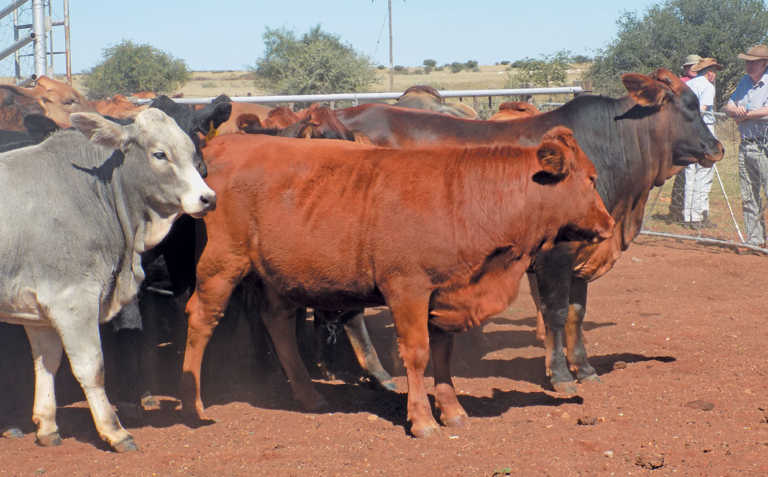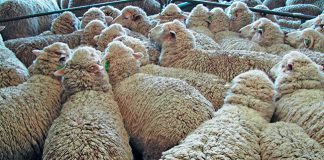
According to the Mawubuye Land Rights Forum, small-scale farmer Pops Samuels has been reunited with his horses that were impounded by the Theewaterskloof Municipality in Caledon in the Western Cape more than a year ago.
“The horses were returned to their owner on Tuesday, 4 September, after the municipality dropped its plan to appeal against a Magistrate’s Court ruling last year that the impounding was in fact illegal,” a statement read.
READ Understanding the basics of livestock farming
Meanwhile, in Ndlambe in the Eastern Cape, local media reported the municipality there had been ordered by the High Court in Grahamstown to enforce an order handed down last year or face being held in contempt of court.
Ndlambe incorporates Port Alfred, Bathurst, Kenton-on-Sea, Boesmansriviermond and Alexandria.
According to Talk of the Town, the municipality was ordered in July to ensure animals on commonage lands were tagged and branded within three months. This was extended to six months for the Bathurst and Port Alfred administrative areas.
READ How to develop and manage a small beef cattle herd
The case had been brought by several applicants, including Agri Eastern Cape, the Alexandria Agricultural Association (AAA) and individual farmers.
Brent McNamara, a farmer in Alexandria and also operations manager for Agri EC, told Farmer’s Weekly the issue related to the safety and welfare of animals on the commonages, as well as the security of the herds of surrounding commercial farmers.
He said they had been battling through the courts to get the municipality to meet its obligations.
In addition to implementing animal identification, the municipality would now also need to enforce better management to prevent issues such as overstocking.
It also had to impound unauthorised animals, determine the health status of animals and address disease control, implement relevant tariffs, and so forth.











